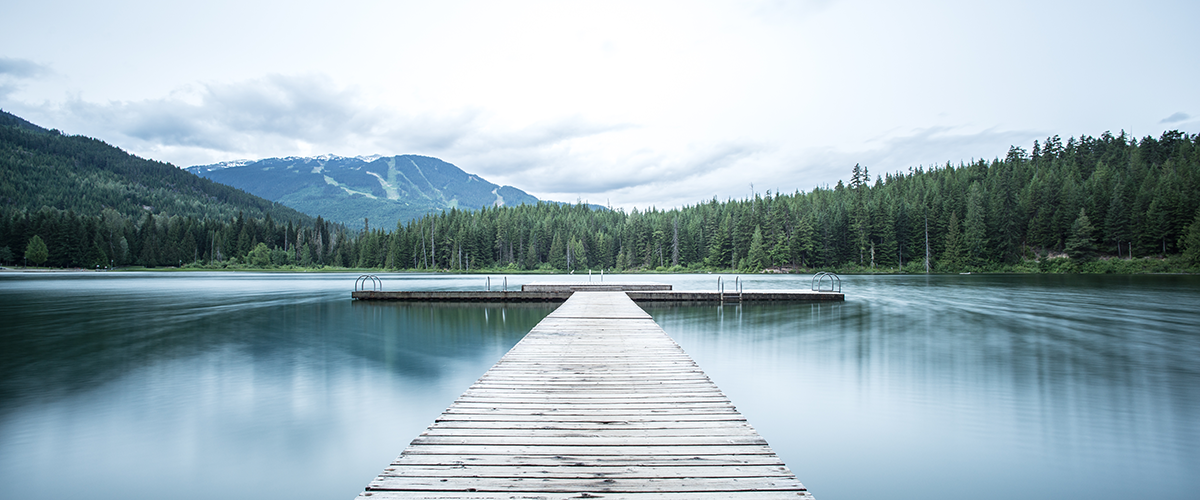New Book: The Right to Water: Politics, Governance and Social Struggles, Edited by Farhana Sultana and Alex Loftus. Earthscan (Taylor and Francis), UK, 2011
The right to clean water has been adopted by the United Nations as a basic human right. Yet how such universal calls for a right to water are understood, negotiated, experienced and struggled over remain key challenges. The Right to Water elucidates how universal calls for rights articulate with local historical geographical contexts, governance, politics and social struggles, thereby highlighting the challenges and the possibilities that exist. Bringing together a unique range of academics, policy-makers and activists, the book analyzes how struggles for the right to water have attempted to translate moral arguments over access to safe water into workable claims. This book is an intervention at a crucial moment into the shape and future direction of struggles for the right to water in a range of political, geographic and socio-economics contexts, seeking to be pro-active in defining what this struggle could mean and how it might be taken forward in a far broader transformative politics.
The Right to Water engages with a range of approaches that focus on philosophical, legal and governance perspectives before seeking to apply these more abstract arguments to an array of concrete struggles and case studies. In so doing, the book builds on empirical examples from Africa, Asia, Oceania, Latin America, the Middle East, North America and the European Union.
Table of Contents:
Foreword – Maude Barlow
1. The Right to Water: Possibilities and Prospects Farhana Sultana and Alex Loftus
2. The ‘Commons’ Versus the ‘Commodity’: Alter -globalization, Anti-privatization and the Human Right to Water in the Global South – Karen Bakker
3. The Human Right to What? Water, Rights, Humans and the Relation of Things Jamie Linton
4. A Right to Water? Geographico-legal Perspectives – Chad Staddon, Tom Appleby and Evadne Grant
5. The Political Economy of the Right to Water: Reinvigorating the Question of Property – Kyle Mitchell
6. Scarce or insecure? The Right to Water and the Ethics of Global Water Governance – Jeremy Schmidt
7. The Right to Water as the Right to Identity: Legal Struggles of Indigenous Peoples of Aotearoa New Zealand – Jacinta Ruru
8. Legal Protection of the Right to Water in the European Union – Marleen van Rijswick and Andrea Keessen
9. Rights, Citizenship and Territory: Water Politics in the West Bank – Iliaria Giglioli
10. Water Rights and Wrongs: Illegality and Informal Use in Mexico and the U.S. – Katharine Meehan
11. The Centrality of Community Participation to the Realization of the Right to Water: The Illustrative Case of South Africa – Cristy Clark
12. The Right to the City and the Eco-Social Commoning of Water: Discursive and Political Lessons from South Africa – Patrick Bond
13. Anti-Privatization Struggles and the Right to Water in India: Engendering Cultures of Opposition – Krista Bywater
14. Seeing through the Concept of Water as a Human Right in Bolivia – Rocio Bustamante, Carlos Crespo and Anna Maria Walnycki
15. From Cochabamba to Colombia: Travelling Repertoires in Latin American Water Struggles – Verónica Perera
Reviews:
“The Right to Water: Politics, Governance and Social Struggles is a brilliant collection of essays from the best thinkers, academics and activists in the field, and is required reading for all those wanting this mighty effort to succeed.” – Maude Barlow, Chairperson of the Council of Canadians, former Senior Advisor on Water to the 63rd President of the UN General Assembly, and recipient of the 2005 Right Livelihood Award.
“The right to safe and sufficient drinking water for all is one of the main issues and struggles of our time. Unequal power relations at local, national and transnational scales, combined with policies and intervention practices that are often highly adverse for the vulnerable, make that those with water abundance tend to squander leaving the others to face ever greater injustice. This book’s diverse chapters provide an empirically rich and intellectually elaborate insight in the world of water, power, governance, and social mobilization” – Rutgerd Boelens, Coordinator Justicia Hídrica/Water Justice alliance; Associate Professor Wageningen University, The Netherlands; Visiting Professor Catholic University Peru.
“This edited collection by Sultana and Loftus comes at the right time, when the global financial collapse threatens to worsen the conditions of water injustice affecting millions in the planet. The book is an excellent contribution to international debates about the conceptual and practical intricacies of “the human right to water”. It should be read by scholars, students, practitioners and all those concerned with the eradication of structural water inequality and injustice” – José Esteban Castro, Professor of Sociology, School of Geography, Politics and Sociology, Newcastle University
“The right to water for all has been invoked many times over the past decade or so. Yet, very little has been achieved to achieve a more equitable access to water despite resounding declarations of assorted national and international public and private organizations. This book is a long overdue engagement with the enduring relevance of the right to water and why it is denied to so many people in the world. The contributors consider the centrality of social and political struggle in claiming this right to water. For those who have enough of empty slogans, impotent declarations and superficial analysis, this book opens up new theoretical perspectives and politically empowering insights that chart pathways for achieving real change.” – Erik Swyngedouw, University of Manchester



